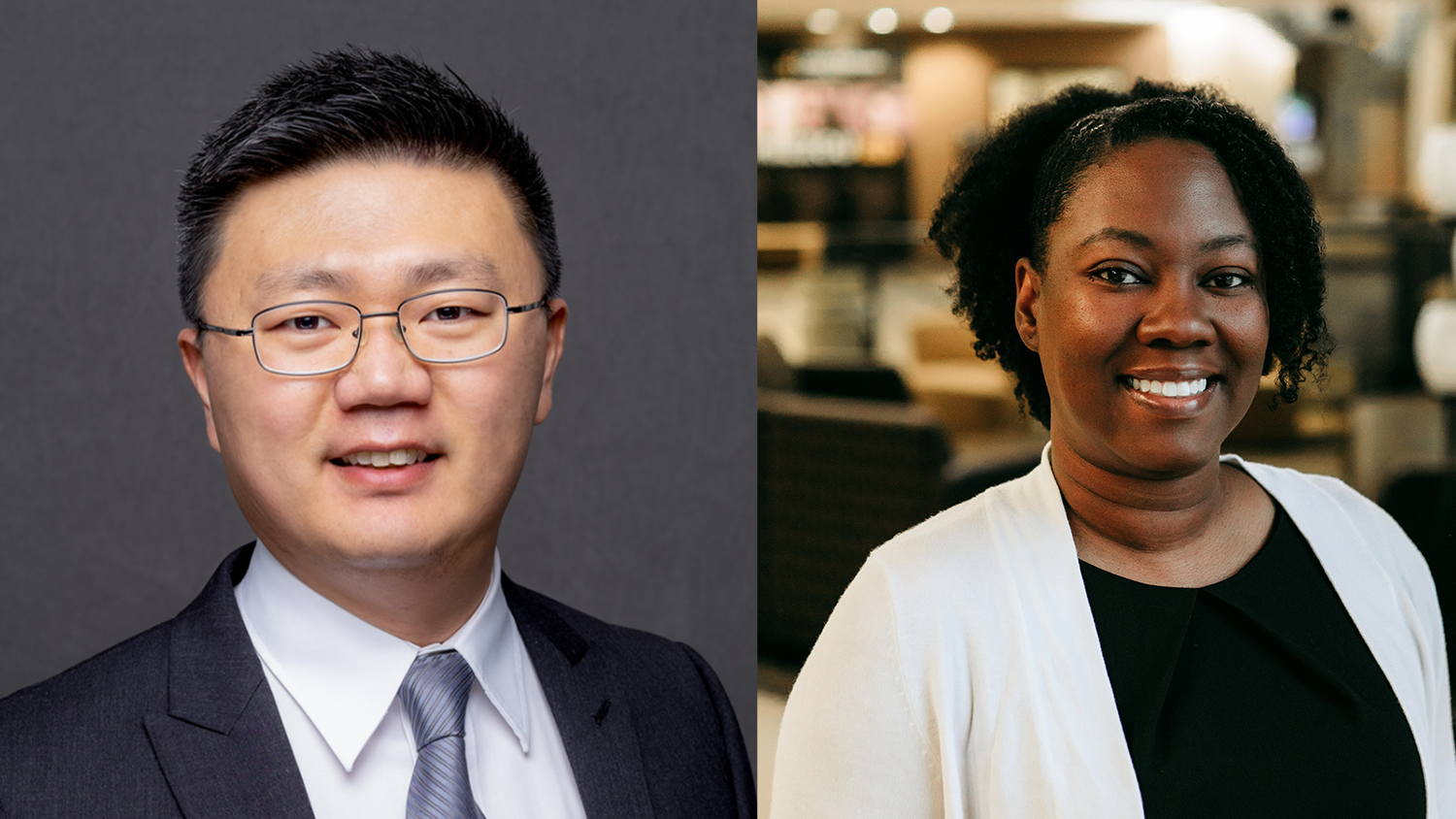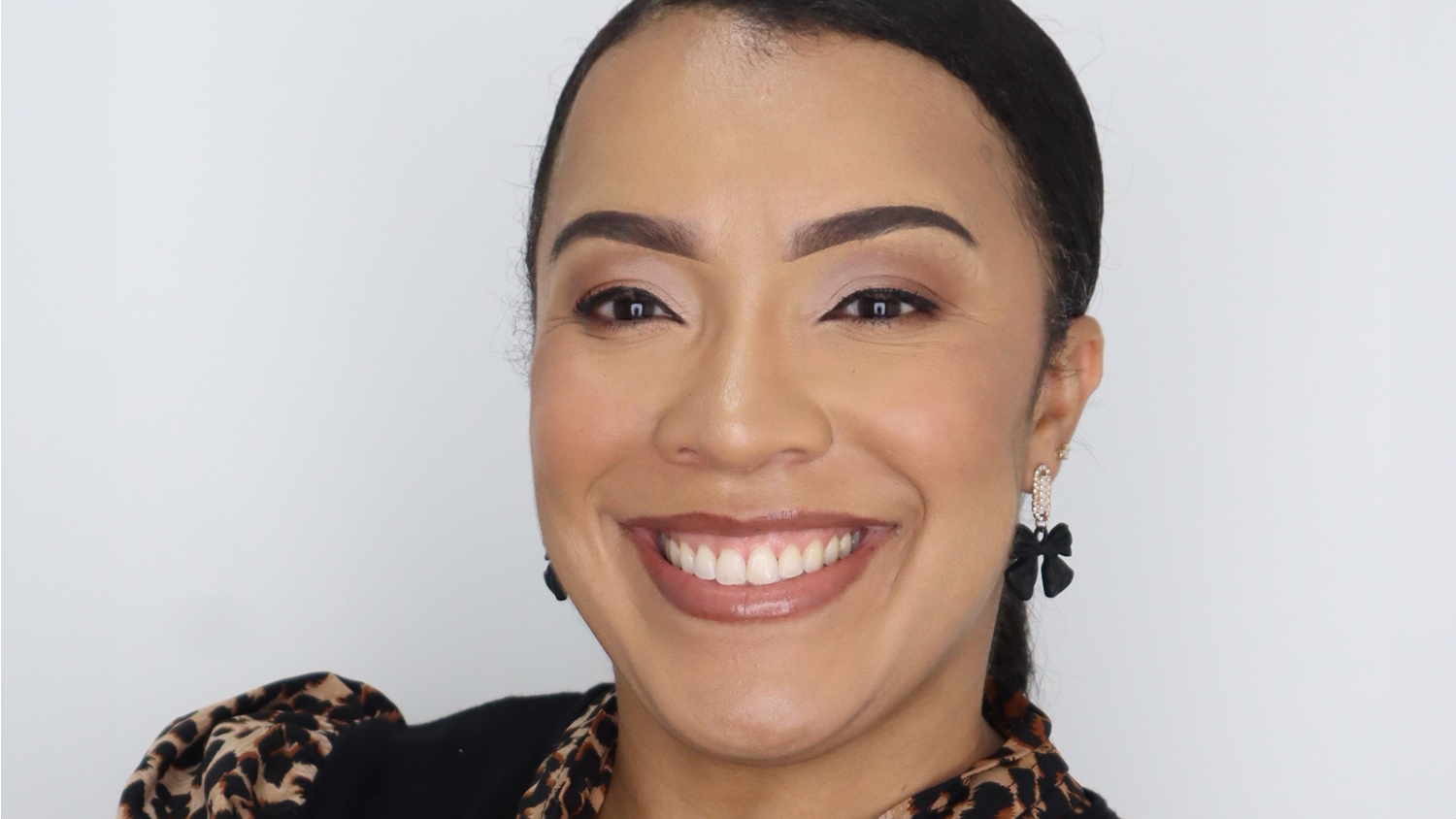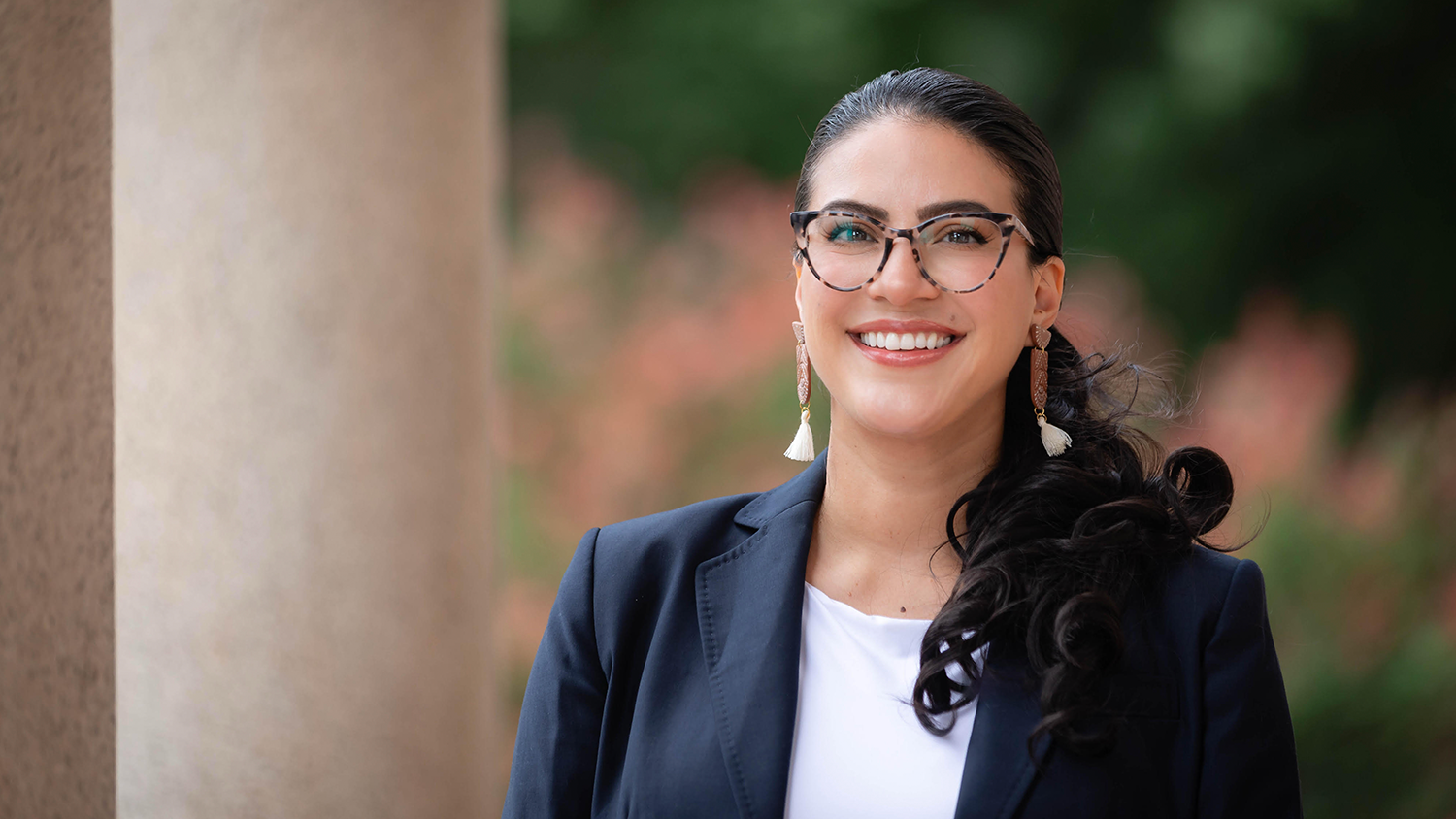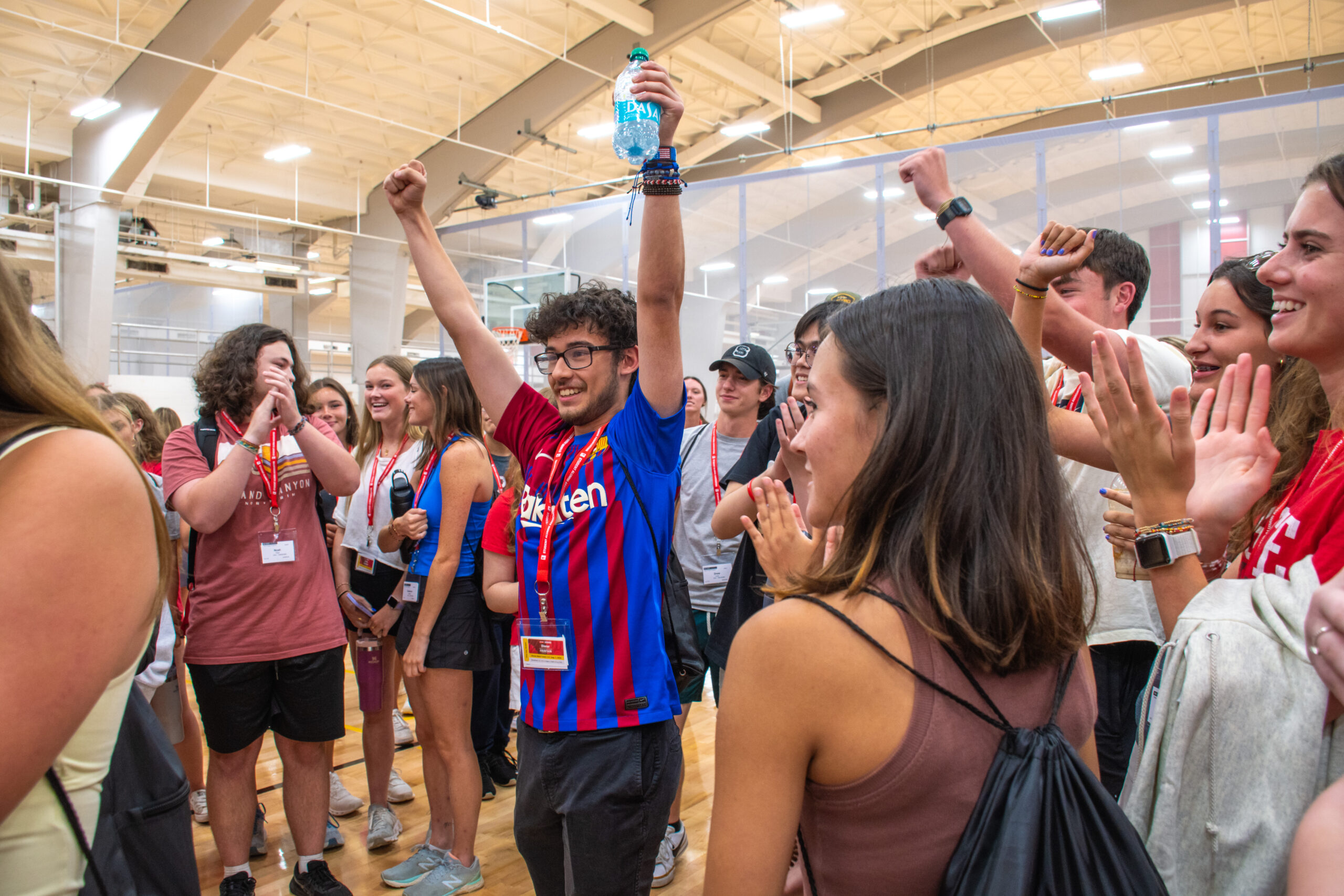Assistant Professors Sunghwan Byun and Ruby Ellis Selected as Association of Mathematics Teacher Educators STaR Fellows

Sunghwan Byun and Ruby Ellis, assistant professors of mathematics education in the NC State College of Education, have been selected as Service, Teaching and Research (STaR) Fellows by the Association of Mathematics Teacher Educators (AMTE).
The STaR Program is an induction program for early career mathematics educators working at higher education institutions. Funded by the National Science Foundation, the program includes a summer institute, academic year of networking and a follow-up session that coincides with the AMTE annual meeting.
“When I was working on my Ph.D., my advisor often mentioned this STaR Fellowship and her involvement in facilitating induction activities for the early-career, tenure-track faculty. I feel honored to be a part of this fellowship as I recently launched my career as a mathematics teacher educator here at NC State,” Byun said. “There is a lot of professional growth for me to do as an early career teacher educator, and this fellowship means that I will be able to share my professional journey with other cohort members across multiple institutions.”
“I am honored to be selected as one of the STaR Fellows for the 2022 STaR cohort. This is an amazing opportunity that will allow me to receive additional mentorship from senior mathematics education scholars,” Ellis said. “Additionally, I am excited to meet, collaborate with and learn from other early career scholars who desire to improve mathematics education.”
Collaborating to Support Equitable Mathematics Instruction
Byun began his career in education as a secondary mathematics teacher and decided to earn a Ph.D. to learn more about supporting the professional learning of math teachers to help them better serve students of color, particularly in urban school settings. His research examines social interaction in mathematics and statistics classrooms, with a focus on how teachers facilitate classroom interaction and support marginalized students as knowledge producers.
He said his primary goal during his time as a STaR Fellow is to network with other fellows and mentors in order to begin collaborative projects that can impact mathematics teacher preparation, specifically projects that can begin collective efforts to support teacher candidates toward more equitable mathematics instruction.
“All mathematics teacher educators bring unique strengths and assets and I am hoping to create a space where we can learn from each other, share and research new strategies, and contribute to the broader mathematics teacher education community,” Byun said.
Empowering Teachers to Confront Negative Beliefs
Ellis, who was recently invited to serve as the associate vice president for professional development for the Association of Mathematics Teacher Educators, researches teachers’ beliefs and practices surrounding technology integration as well as their beliefs and practices surrounding professional development that focuses on technology integration. She focuses this work specifically on schools with high African American and low-income student populations, which she said often receive funding for technologies but do not have the adequate professional development or support to effectively integrate them into classrooms.
During her time as a STaR Fellow, Ellis hopes to gain new perspectives to inform her work as well as provide a different perspective for other mathematics teacher educators to consider within their own research. She also hopes to find opportunities to create future partnerships and collaborations on research projects related to empowering teachers to confront and change negative beliefs regarding marginalized students’ mathematical abilities. “Participating in this opportunity will give me the chance to further my goals in improving mathematics teachers’ instructional beliefs and practices related to the effective implementation of technology and student learning,” she said.
- Categories:


